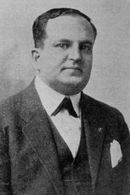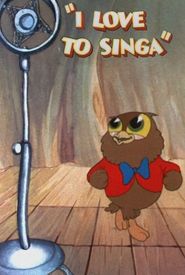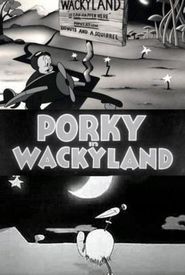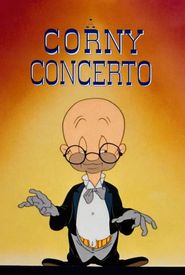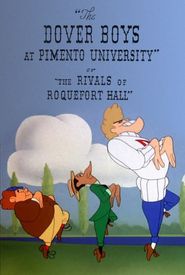Leon Schlesinger occupies a unique position in Hollywood history, having built a lucrative animation company without being a visionary. Unlike Walt Disney, Schlesinger did not set out to produce animated cartoons but rather owned Leon Schlesinger Productions, which evolved from Pacific Art & Title, Warner Brothers' title card outfit.
In 1929, Schlesinger was approached by Hugh Harman and Rudolf Ising, two unemployed 25-year-old ex-Walt Disney animators, who had created a novel 3-minute talkie cartoon, 'Bosko The Talk-ink Kid.' Schlesinger signed a contract with Harman and Ising to deliver a single cartoon within 60 days, with options for additional cartoons amounting to a year's production.
Schlesinger's middleman arrangement defined his career, as he was focused on making money rather than creating art. He was ruthless in his pursuit of profit, often prioritizing overhead costs over artistic vision. This approach led to frequent clashes with Harman and Ising, who eventually quit and signed a distribution deal with MGM.
After Harman and Ising left, Schlesinger formed his own studio, poaching select ex-staff members and former Disney personnel. He created the first identifiable character, Buddy, and eventually caved to color in 1934. Schlesinger was aware of Disney's dominance in the animation industry and countered by using Warner's music library and orchestra, as well as his staff's lack of adherence to Disney's rigid policy of realism.
In 1936, Schlesinger hired Mel Blanc, who would become a key figure in the development of new animated stars, including Daffy Duck, Porky Pig, and Bugs Bunny. Schlesinger was fiercely anti-union and had no qualms about shutting down his studio twice in the early 1940s when animators demanded higher wages.
Despite his non-creative role, Schlesinger's company continued to produce classic cartoons, with units working on animated segments for Paramount, RKO, and Republic. In July 1944, Schlesinger sold his company to Warner Brothers for $700,000 and rewarded his directors with gold pen sets and a dinner at his mansion. He died on Christmas Day, 1949, leaving behind a legacy cemented by the words, 'A Leon Schlesinger Production' on countless classic cartoons.
